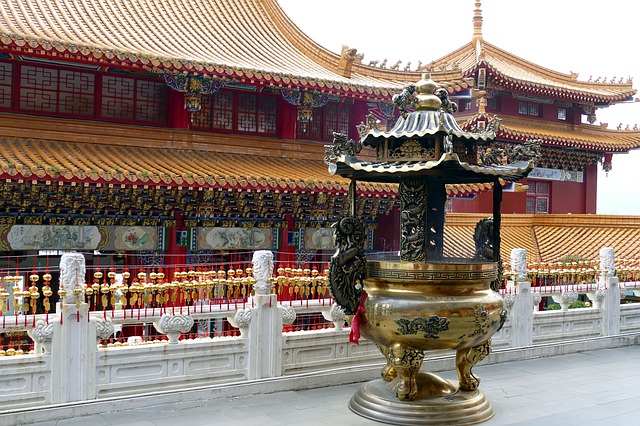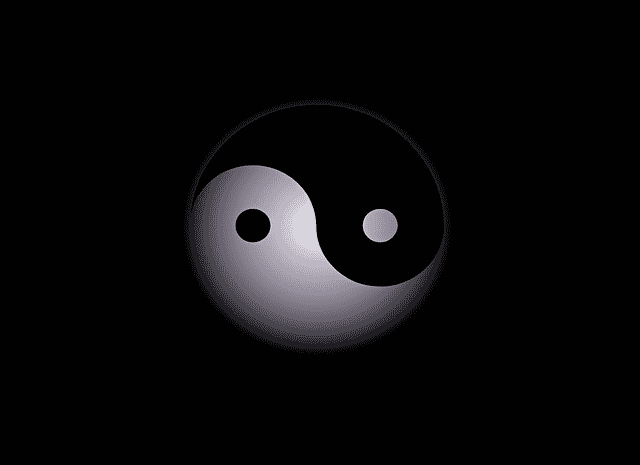
Taoism was born as a philosophical doctrine, became a religion and was even combined with Buddhism and Confucianism.
Taoism is a philosophy that emerged from the Tao Te Ching (also known as Tao Te Ching or Dào Dé Jīng ), a work that would have been written by Lao Tzu in the 6th century BC . Its pillar is the Tao , a concept that is usually understood as the path or method and that refers to the essence of the universe.
For Taoists, the Tao is the order of nature that governs existence. This order cannot be named, although it is made manifest through various issues that do have names.
Taoism was born as a philosophical doctrine but later some currents developed that turned it into a religion . Even over the years it was combined with Buddhism and Confucianism .
Principles of Taoism
Among the most significant principles that support Taoism, we can refer to the following:
-Believes in the brotherhood of each and every man and also in what is the spirituality of what the material domains become.
-Determines that every action leads to the creation of an opposing force. Hence, therefore, the wise consider that the way to find action will be through inaction.
– He affirms that only what is the Tao will last forever, man will pass away, for his part, because he is finite.
Taoists aspire to immortality , understanding this concept as the possibility of achieving harmony with the elements of nature and transcending one's own being . That is why they consider Lao Tzu and other great personalities as immortals.

The concept of yin-yang is important in Taoism.
The importance of yin-yang
The concept of yin-yang is also very important for Taoism since it shows the duality of the universe . The idea is based on the fact that there are three forces that interact in reality: yin , yang and Tao . The first two are opposing forces that complement each other and act as one: an active force and a passive one. The Tao , for its part, is the superior force that contains both.
Taoism, in short, aspires to the harmony of the human being and the Tao through sacrifice, meditation, honesty, kindness and piety, among other virtues . It is important to note, however, that it lacks a dogma.
Other characteristics of Taoism
In addition to everything explained so far, it is worth knowing another series of aspects that are truly unique about Taoism, such as the following:
-The aforementioned main text on which it is based, also called "Book of Reason and Virtue", is considered to be one of the shortest religious books that exist in all of history. And it only has 5,000 words.
-One of his main mottos or ideas that draw powerful attention is that he compares man to bamboo. Because? Because it is considered that the human being, like said plant, is upright and useful although hollow in what is inside.
-Currently, it is believed that Taoism is followed by a total of about 50 million people, spread throughout the world, although it is considered that Asia is where it has the most "adepts."
